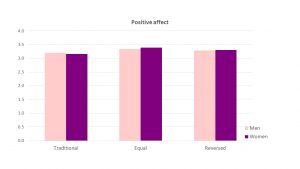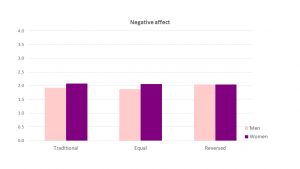Following our previous blog two weeks ago, we are excited to share some more findings from our study. This time we talk about parents’ wellbeing and satisfaction in different arrangements.
1. Couples who share equally are more satisfied with their division of roles
Equal-sharers were more satisfied with their division of responsibilities, tended more to perceive their division as resulting from their free choice, did not wish to change their own or their partner’s work hours, and did not want their division to change in the next year.
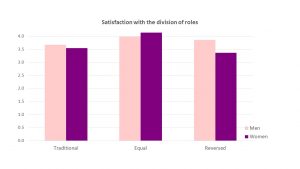
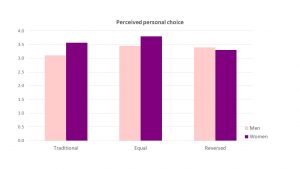
2. Mothers-main breadwinners are the least satisfied with the division of roles
Female breadwinners were the least satisfied with the division of roles and wanted it to change in the next year. Female and male breadwinners felt more than others that they had been forced into their role. Both the female breadwinners and their husbands wished the female breadwinners could work less and the male caregivers could work more.
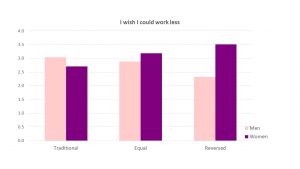
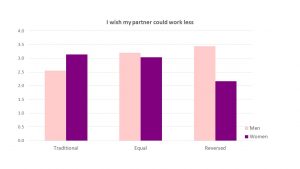
3. Equal-sharers experience the highest well-being
Mothers in traditional arrangements scored lowest on almost all wellbeing measures. They reported lower relationship quality and positive affect than female breadwinners and equal sharers and had lower relationship satisfaction and life satisfaction than equal sharers.
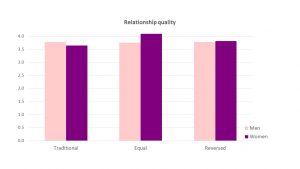
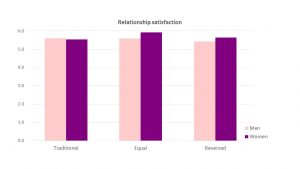
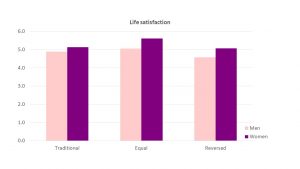
Men seemed less affected by parenting arrangements, with the exception of male caregivers reporting more negative affect than male breadwinners and equal sharers. Both men and women who were the primary caregivers had lower self-esteem than equal sharers and breadwinners, suggesting that care work is undervalued while paid work provides an important source of self-esteem.
